I spent Saturday night watching a war movie made after a true event.Several times I watched the film desperate for the evil brought by World War II, fascism and Adolf Hitler.That crazy idea of extermination of the people, the Holocaust, innocent people, evil, torture, death ... my whole life makes me think.Why? How could that have happened? Where was God then? Couldn't the attack on Poland have been prevented?
The film is about the suffering of Jews and pianist Vladislav Spielman.

Pianist and composer Vladislav Spielman (1911-2000), a Polish Jew, lived quite a long life, despite the fact that the hand of the executioner touched him several times in his youth. He may have been destined for great glory since childhood; he acquired it near the end of his life, with a pen and not a piano. His poignant chronicle of the Warsaw Jewish ghetto in World War II, from which few escaped alive, is now a world bestseller, although Spielman never intended to be a writer.
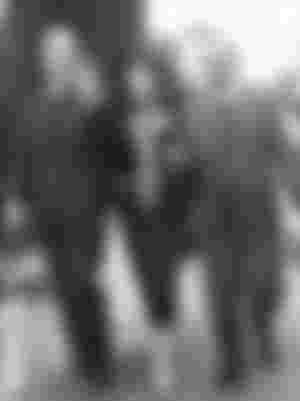
Spielman was born in Sosnowiec, in a poor musical family, which could not buy even the most ordinary radio. That is how little Vladislav entered the world of music reading the scores of Tchaikovsky, Scriabin, Beethoven and Brahms! However, when he grew up, he enrolled at the Chopin Conservatory in Warsaw, and finished his studies at the Berlin Academy of Music, studying piano with the famous Arthur Schnabel.
And when he was in his best years to embark on the path of glory, the world would be engulfed in the cataclysm of the Second World War, and its concert halls would become cafes in the half-million Warsaw Jewish ghetto. His playing will be listened to by the detainees, people who have just been sent to the gas chambers.

In the summer of 1942, the ghetto was completely liquidated. Its inhabitants were sent to the execution site. Spielman survived. He was pulled out of the death column, first, by a cousin, a Jewish policeman, and then his final savior, in 1944, would become a man who could have been his executioner - German Captain Wilm Hosenfeld. He will hide it where no one would expect: in the attic of the German command building!

During the German occupation, he survived unimaginable things, but this time, salvation arrived at the ruined house he came to, in an unexpected release. He was a Nazi officer whose comrades-in-arms killed his entire family along with six million other Jews.

That captain, a teacher by profession, a lover of music, is the most amazing character of this chronicle. Spielmann has already come to terms with his end, and the German asks him to play Chopin for him. Unshaven, uncircumcised, unwashed, with long nails and dirty fingers, Spielman plays "Nocturne in C minor" on an old piano. Hosenfeld saves his life, but not just because of the music. The German is aware of the crimes of his compatriots.

Wilm Hozenfeld, who was awarded the Iron Cross of the first order for heroism in the First World War, forgot about the Führer oath in that house. He started bringing food to the exhausted pianist and hid the secret about his hiding place. their friendship was immortalized in Roman Polanski's 2003 film The Pianist, which won three Oscars.
Although in the film Hosenfeld is presented as a cold and one-dimensional man until he meets Spielmann, in the new book "Ich sehe immer den Menschen vor mir" (I always see the man in front of me) by Herman Vinke, his other side is revealed.
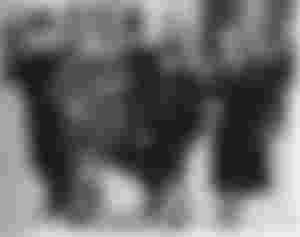
His conscience worked in him long before he met the pianist, and according to his letters, diaries and memories of his children, and even Spielman's widow, who still lives in Warsaw, his morals and ethical compass were intact during the war.
"Not only did Hosenfeld save Spielman, but also countless other Poles, including Jews who were facing certain death. Above all the deaths and murders, this officer was like a lighthouse. Probably about 60 people owed their lives directly to him. He was both a savior and a victim, because he could not escape death in a Soviet prison, nor could he see his family again ", says the author Vinke.

It is clear from his intimate notes that Hosenfeld considered Hitler a hero, but over time the horror and emptiness of his doctrine became apparent.
The Führer hated Poland and captured all those he did not kill in that country. When he first witnessed the famine and suffering of Polish prisoners, Hosenfeld wrote to his wife: “I think these people also see that I suffer with them. It is sad to see these poor people in this state, unable to change anything. But I'm asking for help from where I can and I know. "

It was the first crack in the monolith of the Nazi spirit in him, which will eventually lead to the salvation of Vladislav Špilman.
He first smuggled apples and walnuts to malnourished prisoners, and then released some without the authorization of the authorities.
He wrote to the woman to wear the uniform of criminals. "I meet many soldiers and railway workers. I am ashamed to be German. "

In 1943, he attended the suppression of the uprising in the Warsaw ghetto when every Jew who was on the streets at the time was either killed on the spot or deported to a gas chamber.
"These animals ... We lost this war because of the horrible mass killings of Jews. There is an eternal curse on us and we will be forever covered with shame. We have no right to compassion or mercy. We all share the same guilt. I'm ashamed to walk through town. These savages think we can win the war that way, but we lost it with these killings. This shame cannot be erased. This curse cannot be removed. We are all guilty ... ", he wrote to the woman at the time.
Such a Hozenfeld entered the house where Spielmann was hiding.
After the war, the pianist asked the Polish communists to ask the Soviet for the release of his friend, who was captured in a small town about 30 kilometers from Warsaw and sentenced to 25 years for espionage.

In a letter to his wife in 1946, Hosenfeld listed the names of the Jews he helped and asked her to contact them and ask them to help him get out of prison. However, he died before anyone helped him on August 13, 1952, from a ruptured thoracic aorta, probably during torture.
In addition to the Palme d'Or at the Cannes Film Festival, the film won Oscars for Best Director, Best Actor and Best Adapted Screenplay. It also won seven French Cesar Awards, including Best Picture, Best Director and Best Actor for Brody ( who thus became the only American actor to do so).
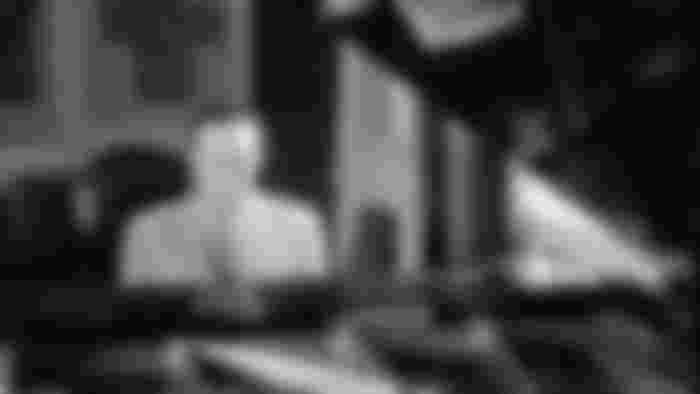
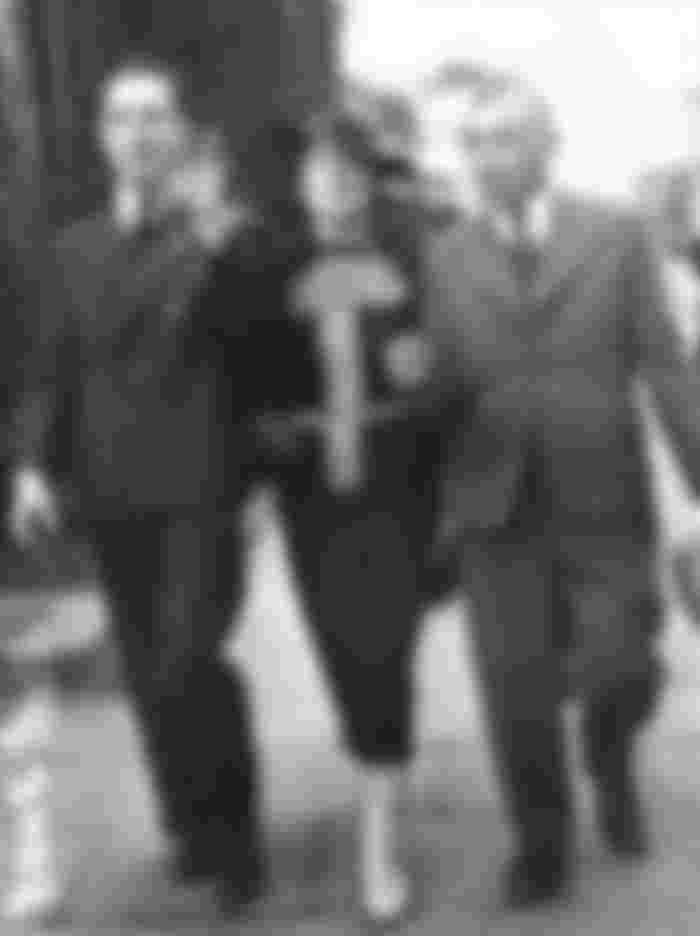
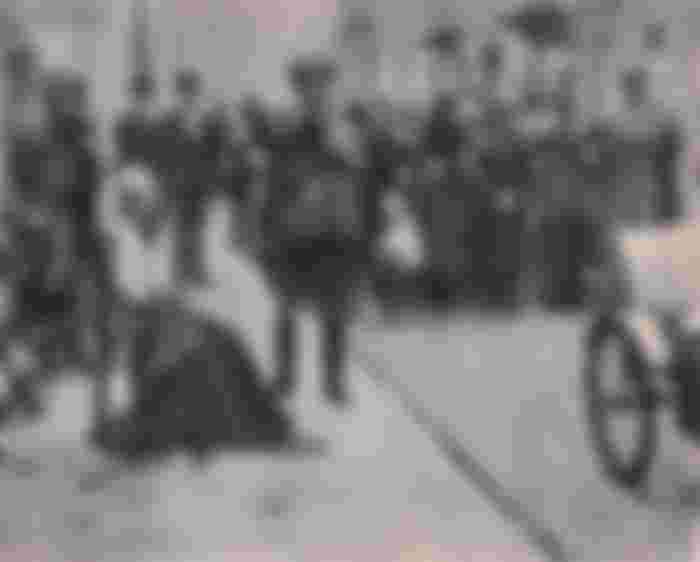
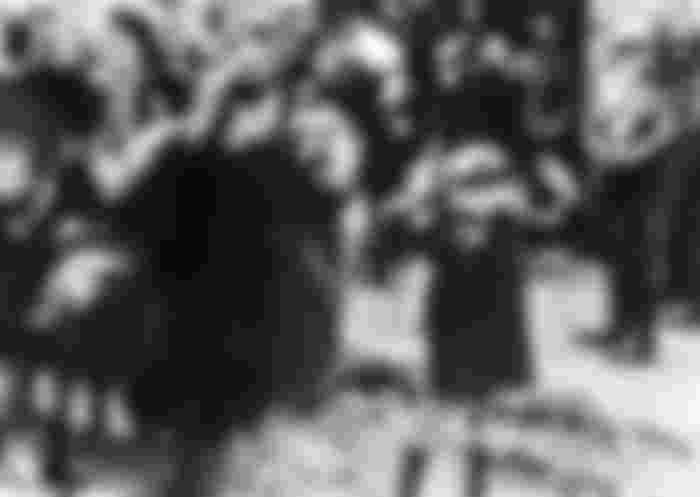
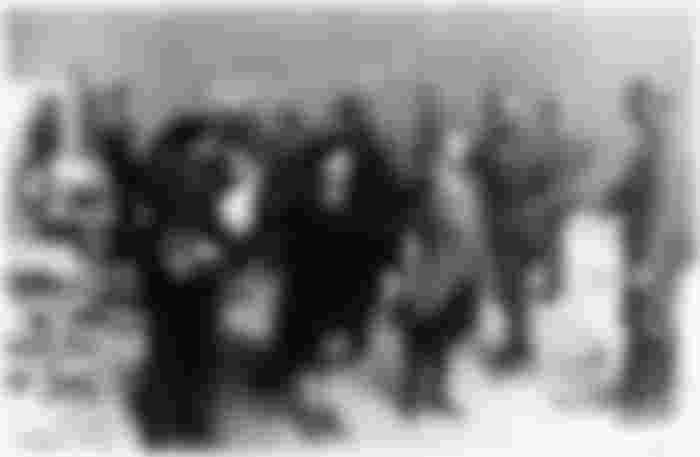
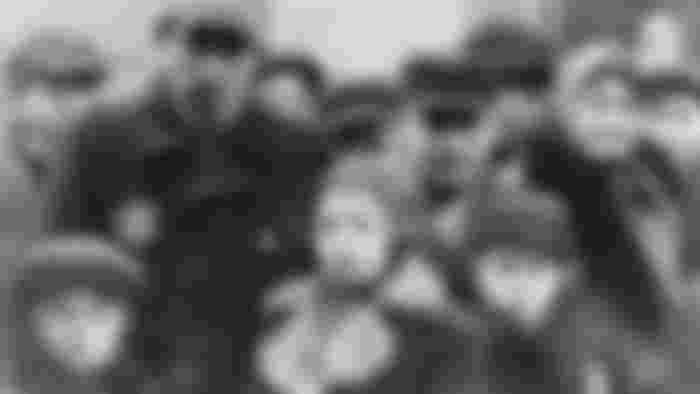


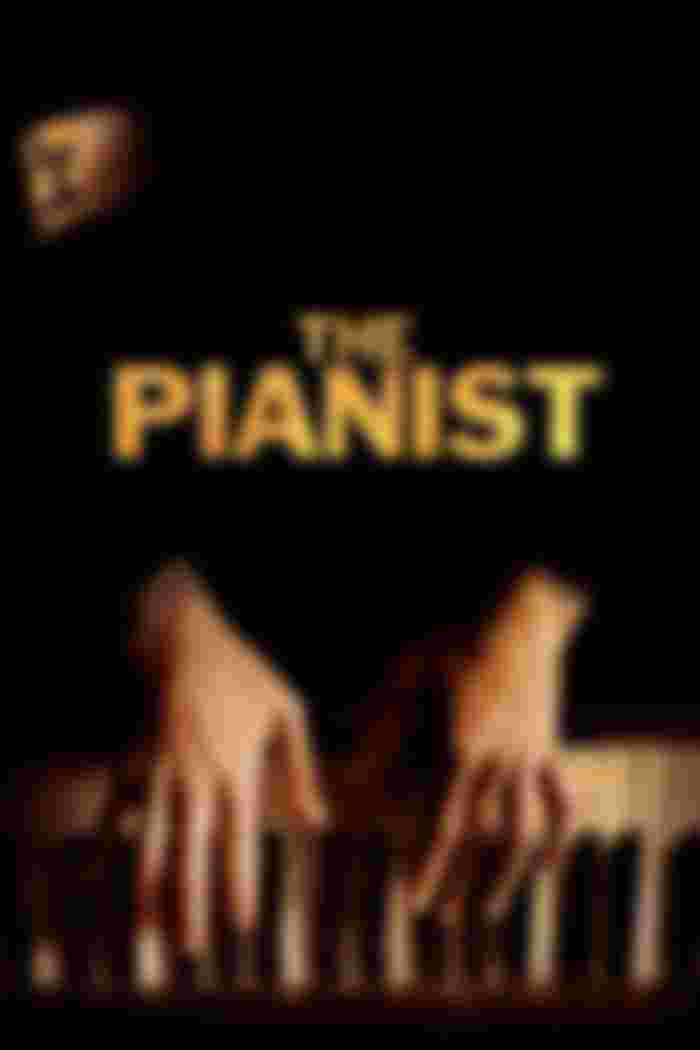
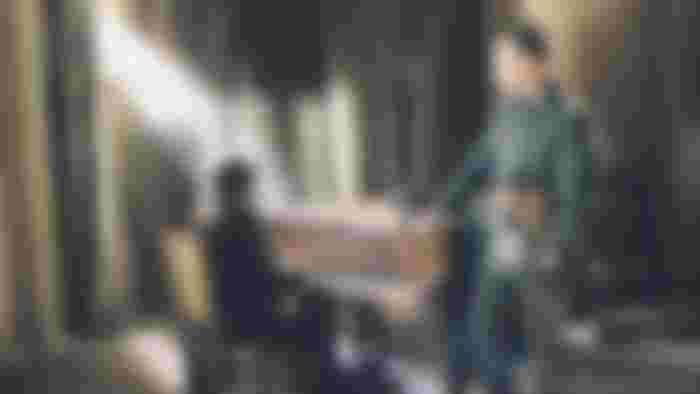
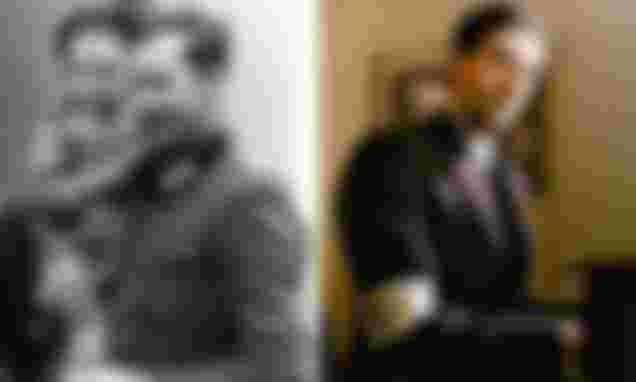
article is good, I really wanted to play the piano